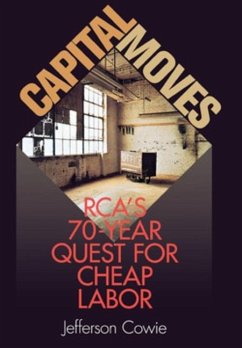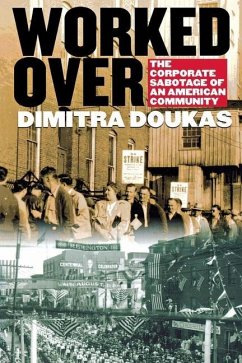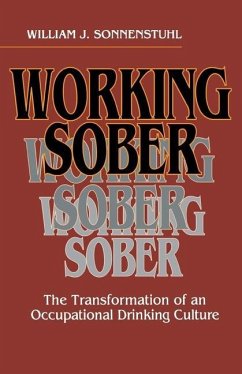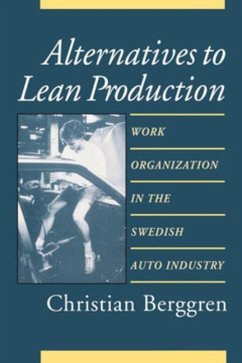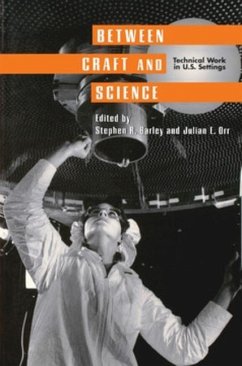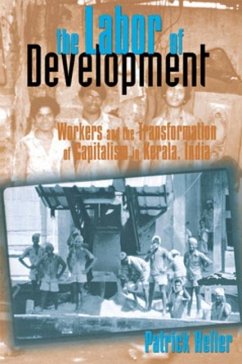Find a pool of cheap, pliable workers and give them jobs-and soon they cease to be as cheap or as pliable. What is an employer to do then? Why, find another poor community desperate for work. This route-one taken time and again by major American manufacturers-is vividly chronicled in this fascinating account of RCA's half century-long search for desirable sources of labor. Capital Moves introduces us to the people most affected by the migration of industry and, most importantly, recounts how they came to fight against the idea that they were simply "cheap labor."
Jefferson Cowie tells the dramatic story of four communities, each irrevocably transformed by the opening of an industrial plant. From the manufacturer's first factory in Camden, New Jersey, where it employed large numbers of southern and eastern European immigrants, RCA moved to rural Indiana in 1940, hiring Americans of Scotch-Irish descent for its plant in Bloomington. Then, in the volatile 1960s, the company relocated to Memphis where African Americans made up the core of the labor pool. Finally, the company landed in northern Mexico in the 1970s-a region rapidly becoming one of the most industrialized on the continent.
Jefferson Cowie tells the dramatic story of four communities, each irrevocably transformed by the opening of an industrial plant. From the manufacturer's first factory in Camden, New Jersey, where it employed large numbers of southern and eastern European immigrants, RCA moved to rural Indiana in 1940, hiring Americans of Scotch-Irish descent for its plant in Bloomington. Then, in the volatile 1960s, the company relocated to Memphis where African Americans made up the core of the labor pool. Finally, the company landed in northern Mexico in the 1970s-a region rapidly becoming one of the most industrialized on the continent.
Dieser Download kann aus rechtlichen Gründen nur mit Rechnungsadresse in A, D ausgeliefert werden.

